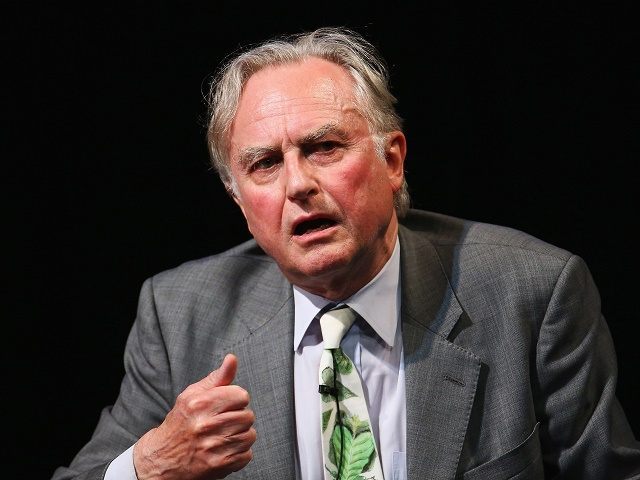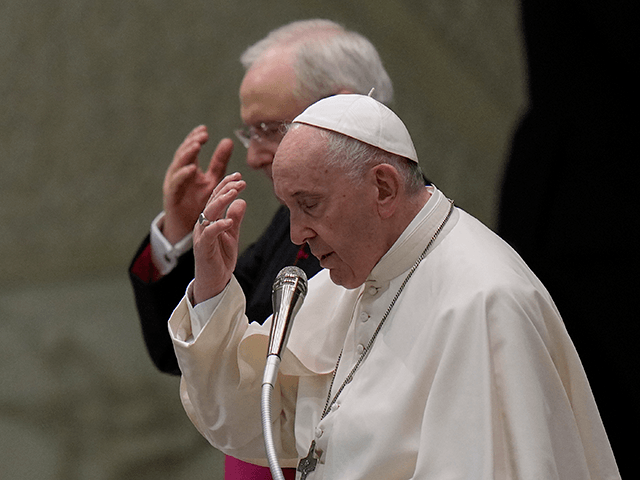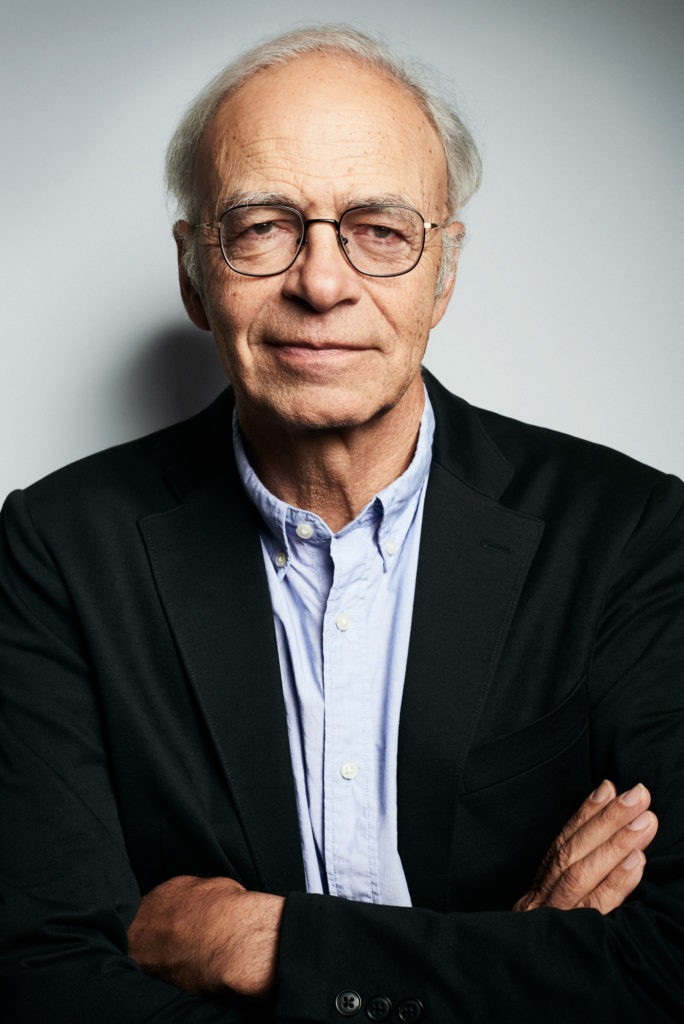ROME, Italy — Pope Francis condemned utilitarianism as a subtle form of ideological colonialism Sunday, insisting that happiness is not to be found in an abundance of things but in detachment and generosity.
Today’s “prevailing paradigm, widely spread by groupthink, confuses usefulness with happiness,” the pope told members of the Pontifical Academy of Social Sciences, and “having a good time with living well.”
This utilitarianism is a “subtle form of ideological colonialism,” the pontiff continued, and would impose an “ideology according to which happiness would only consist of what is useful.”
As an ethical school, utilitarianism is closely associated with the English philosophers Jeremy Bentham and John Stuart Mill and proposes to judge the value of an action by the net consequences — positive and negative — it produces.
Modern utilitarians such as Australian philosopher Peter Singer and British evolutionary biologist Richard Dawkins tend to reject the intrinsic value of human life and prefer instead to speak of quality of life, leading to collisions with advocates of people with disabilities.

Richard Dawkins, founder of the Richard Dawkins Foundation for Reason and Science, promotes his new book at the Seymour Centre on December 4, 2014 in Sydney, Australia. Richard Dawkins is well known for his criticism of intelligent design. (Photo by Don Arnold/Getty Images)
In 2014, for instance, when asked by a woman what to do if she found out she were pregnant with a child with Down syndrome, Dawkins replied, “Abort it and try again. It would be immoral to bring it into the world if you have the choice.”
For his part, Peter Singer has supported a right to infanticide, asserting that a newborn baby should not be considered a person until 30 days after birth and that some disabled babies should simply be killed.
The life of a newborn “is of less value than the life of a pig, a dog, or a chimpanzee,” Singer wrote early in his career.
In Sunday’s address, Pope Francis said that the backers of modern utilitarian groupthink “say nothing about the poor, the elderly, immigrants, the unborn, the seriously ill.”
“Invisible to most, they are treated as disposable,” he continued. “And when they are made visible, they are often presented as an unworthy burden on the public purse.”
“It is a crime against humanity that, as a result of this prevailing greedy and selfish paradigm, our young people are exploited by the new growing slavery of human trafficking, especially in forced labor, prostitution and the sale of organs,” the pope added.
Critics of utilitarianism have insisted that it eliminates intrinsically evil actions and is willing to sacrifice the few for the happiness of the many.
Jeremy Bentham suggested that utilitarianism seeks the “greatest happiness for the greatest number,” which has been translated by some to mean that “utilitarianism sacrifices the unfortunate few for the powerful many.”


COMMENTS
Please let us know if you're having issues with commenting.